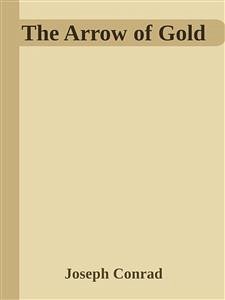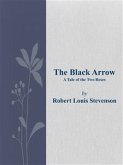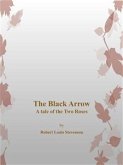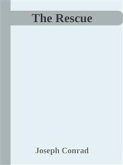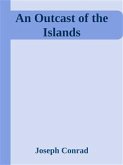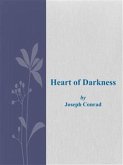Joseph Conrad (born Józef Teodor Konrad Korzeniowski; 3 December 1857 – 3 August 1924) was a Polish-British writer regarded as one of the greatest novelists to write in the English language. He was granted British nationality in 1886 but always considered himself a Pole. Though he did not speak English fluently until he was in his twenties (and always with a marked accent), he was a master prose stylist who brought a distinctly non-English sensibility into English literature. He wrote stories and novels, many with a nautical setting, that depict trials of the human spirit in the midst of an impassive, inscrutable universe.Joseph Conrad is considered an early modernist, though his works still contain elements of nineteenth-century realism. His narrative style and anti-heroic characters have influenced many authors, including T. S. Eliot, William Faulkner, Graham Greene, and more recently Salman Rushdie.[note 4] Many films have been adapted from, or inspired by, Conrad's works.Writing in the heyday of the British Empire, Conrad drew on his native Poland's national experiences and on his personal experiences in the French and British merchant navies to create short stories and novels that reflect aspects of a European-dominated world, while profoundly exploring human psychology. Appreciated early on by literary critics, his fiction and nonfiction have since been seen as almost prophetic, in the light of subsequent national and international disasters of the 20th and 21st centuries.
Bitte wählen Sie Ihr Anliegen aus.
Rechnungen
Retourenschein anfordern
Bestellstatus
Storno

